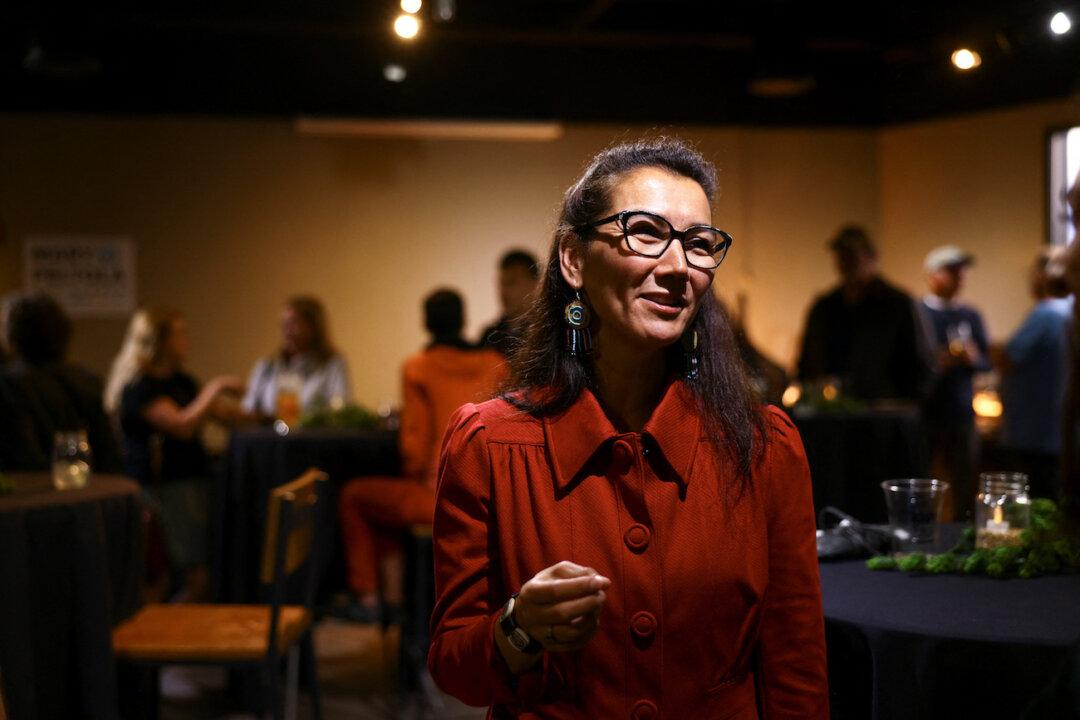A judge in Alaska rejected a bid by the Alaska Democratic Party to boot an imprisoned Democratic candidate from the ballot, a ruling that was soon upheld by the Alaska Supreme Court.
Superior Court Judge Ian Wheeles on Sept. 10 said that the party did not meet its burden in arguing for a restraining order and injunction that would require Alaska officials to remove Eric Hafner, who is currently in prison in New York City, from the November ballot.





